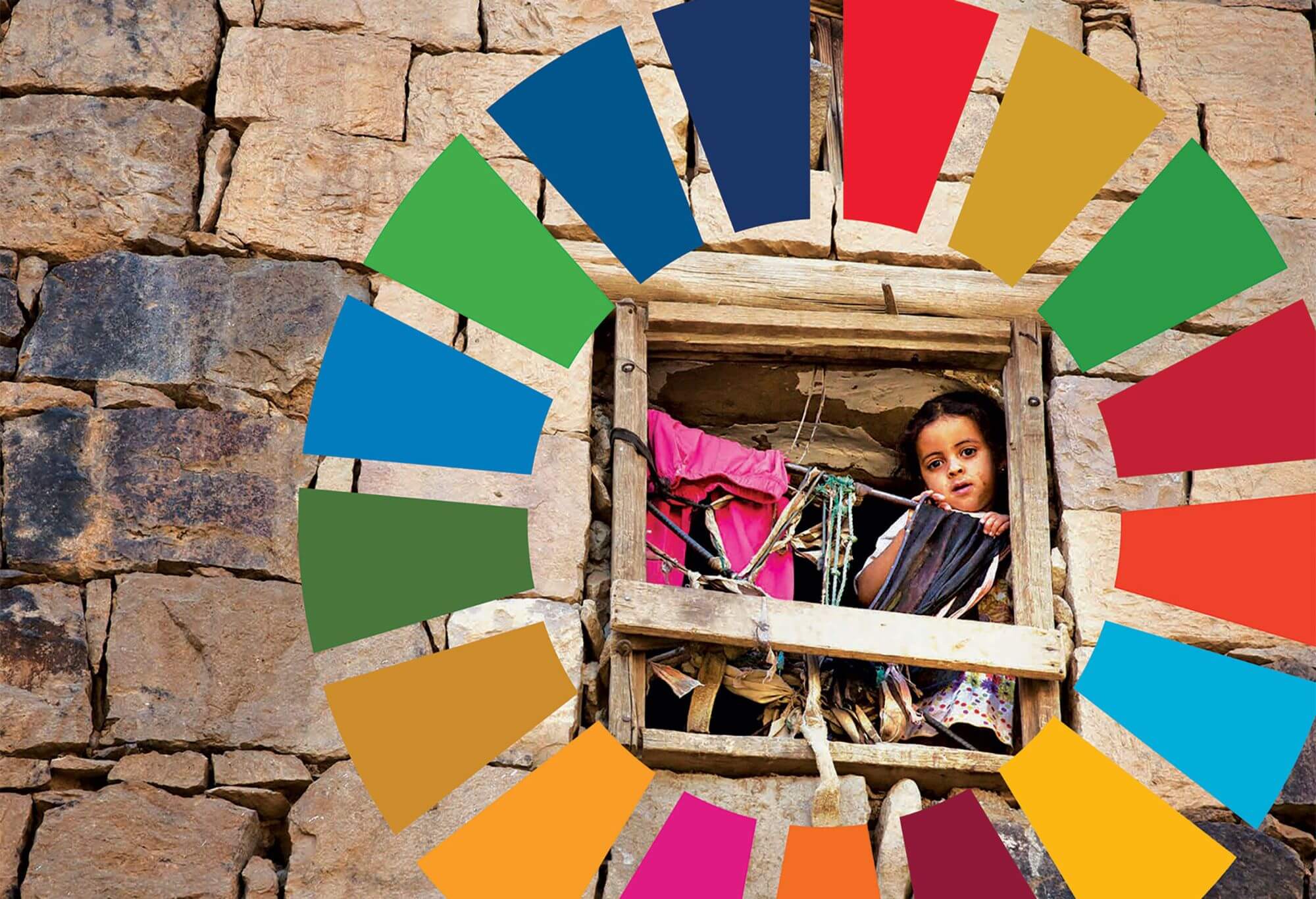Advertisement
On 24 and 25 September 2019, heads of state and government will gather at the United Nations headquarters in New York to follow up and comprehensively review progress in the implementation of the 2030 Agenda for Sustainable Development and the 17 Sustainable Development Goals (SDGs). The event is the first UN summit on the SDGs since the adoption of the 2030 agenda in September 2015. So it’s probably a good time to review them and – along with the rest of the world – assess the progress (or lack thereof) that we have made towards achieving the 17 goals.
The SDGs are – largely – a refinement and expansion of the Millennium Development Goals (MDGs), which were outlined in September 2000. While it was acknowledged at the 2015 UN Summit that the MDGs had not all been met, and that poverty, disease and other social ills had not been eradicated, it was clear that some progress had been made.
But it was also clear that the mostly social agenda of the MDGs could not be achieved in isolation, so the SDGs were created to bring about a new understanding of how the different elements of development and sustainability fit together. ‘We need a paradigm shift on development,’ says Msingathi Sipuka, SDG Advisor – UN Environment Programme.
SDGs 101
Before we can even think about how we are going to implement policy to achieve these goals, we need to know and understand them. And, hey, guess what? Only a handful of people can list all 17. You can soon join that illustrious group.
Advertisement
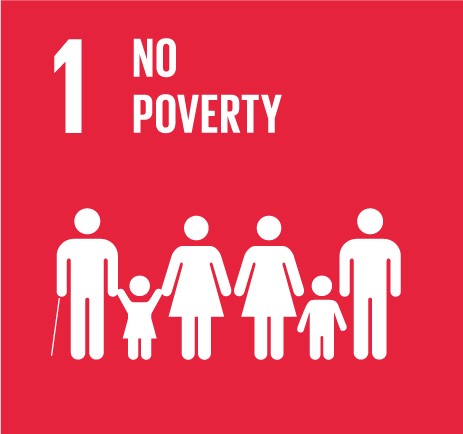
End poverty in all its forms everywhere.
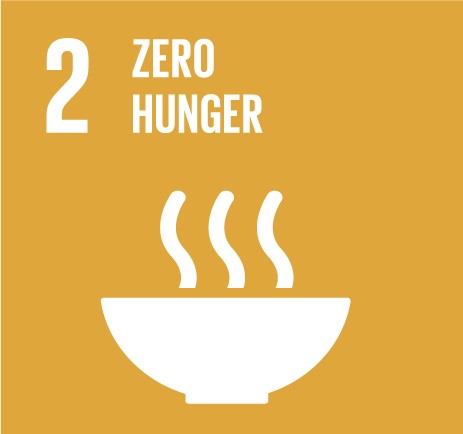
End hunger, achieve food security and improved nutrition and promote sustainable agriculture.
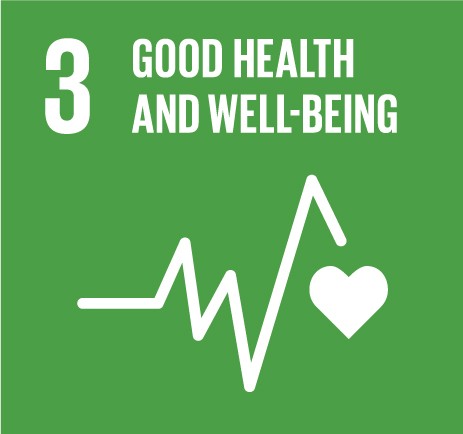
Ensure healthy lives and promote wellbeing for all at all ages.
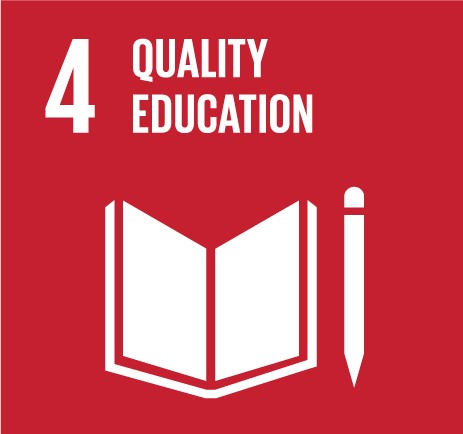
Ensure inclusive and equitable quality education and promote lifelong learning opportunities for all.
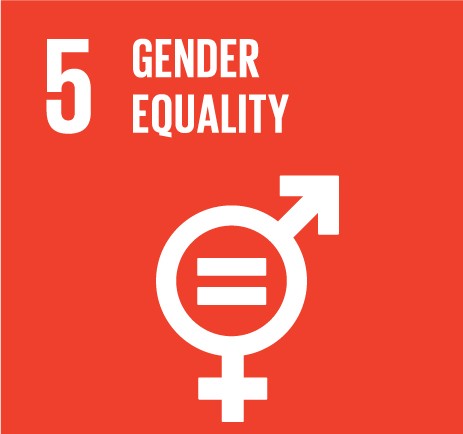
Achieve gender equality and empower all women and girls.
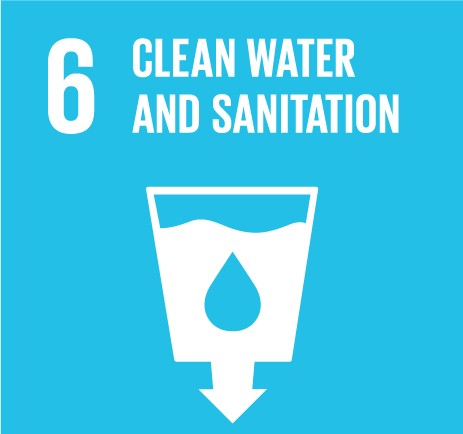
Ensure availability and sustainable management of water and sanitation for all.
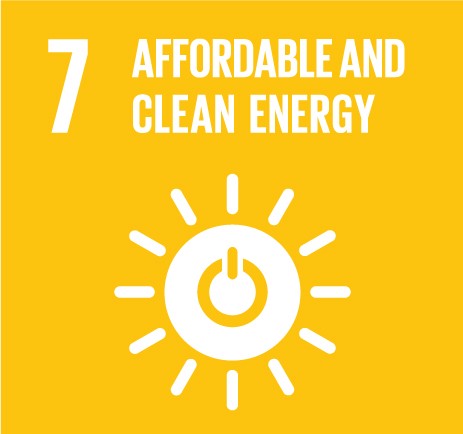
Ensure access to affordable, reliable, sustainable and modern energy for all.
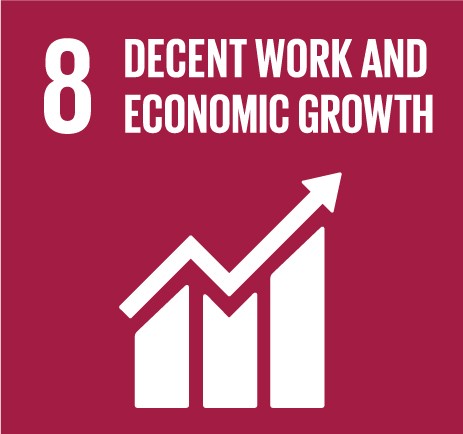
Promote sustained, inclusive and sustainable economic growth, full and productive employment and decent work for all.
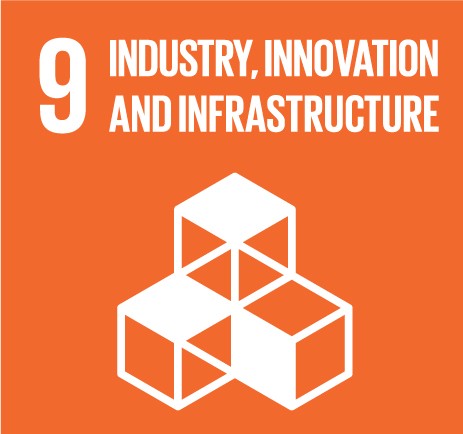
Build resilient infrastructure, promote inclusive and sustainable industrialisation and foster innovation.
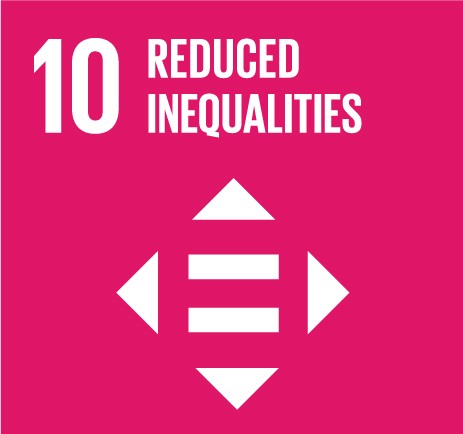
Reduce inequality within and among countries.
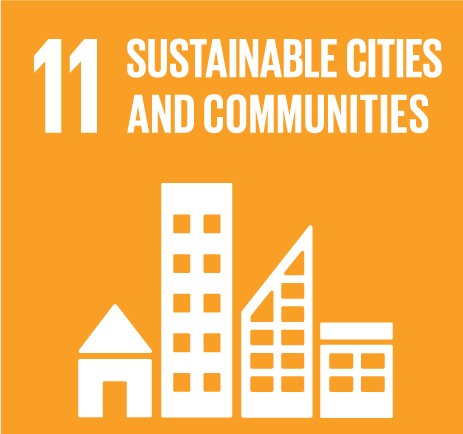
Make cities and human settlements inclusive, safe, resilient and sustainable.

Ensure sustainable consumption and production patterns.
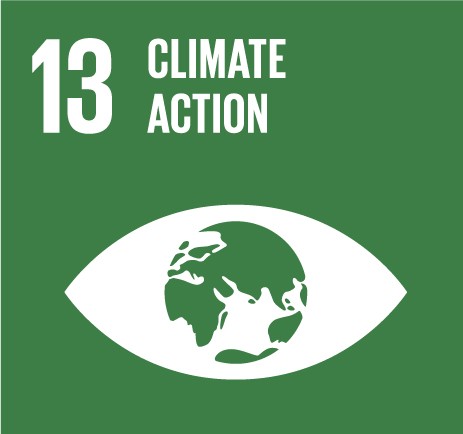
Take urgent action to combat climate change and its impacts.
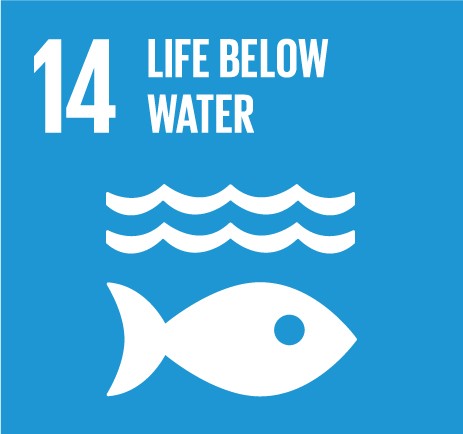
Conserve and sustainably use the oceans, seas and marine resources for sustainable development.
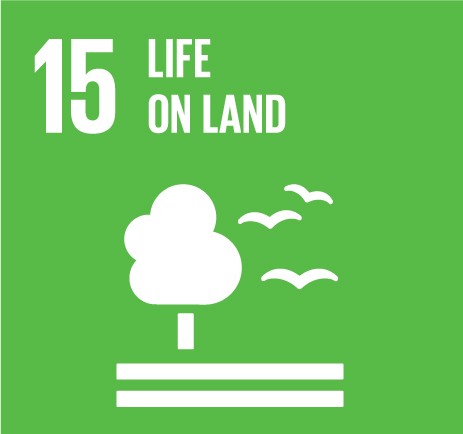
Protect, restore and promote sustainable use of terrestrial ecosystems, sustainably manage forests, combat desertification, and halt and reverse land degradation and biodiversity loss.
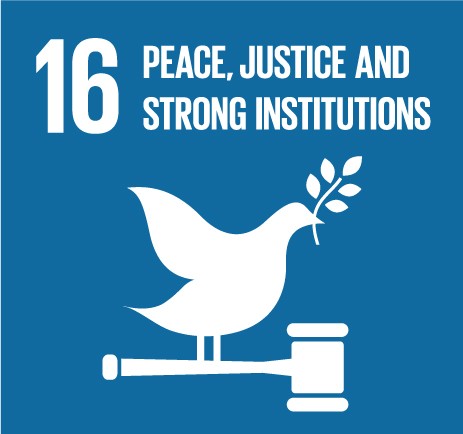
Promote peaceful and inclusive societies for sustainable development, provide access to justice for all and build effective, accountable and inclusive institutions at all levels.
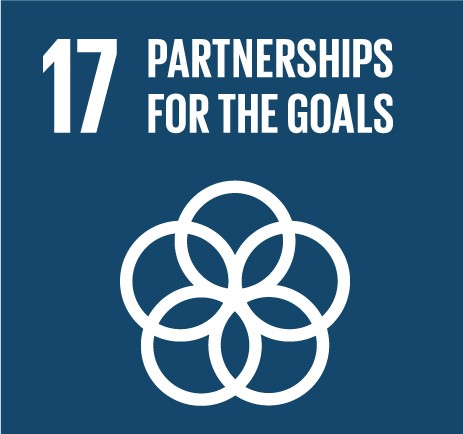
Strengthen the means of implementation and revitalise the global partnership for sustainable development.
Think global but act local
While the SDGs represent a global agenda, South Africa played a big part in formulating them, and they are all relevant to us – meshing almost seamlessly with more local agendas, such as Africa Agenda 2063 and our own National Development Plan (NDP). ‘These,’ says Percy Moleke, Programme Manager: Research and Polity – Department of Planning, Monitoring and Evaluation, ‘are mutually supporting agendas that guide our development thinking.’
This is a big deal, and it may seem quite daunting, but we don’t need to be intimidated by the scale because, says Sipuka, ‘not all countries, regions and localities need to tackle all the goals – they must choose which are most appropriate for them to deal with.’
And we can take comfort in SDG number 17 – partnerships. We don’t have to do it alone. But we do need to be part of the process because it needs to be implemented at every level – local and national, public sector and private (yes, that includes property developers), and statutory bodies as well as non-governmental organisations (NGOs), faith-based organisations (FBOs) and community-based organisations (CBOs).
It’s a big call, and a big challenge, but one we can’t ignore.
“We need a paradigm shift on development” Msingathi Sipuka
